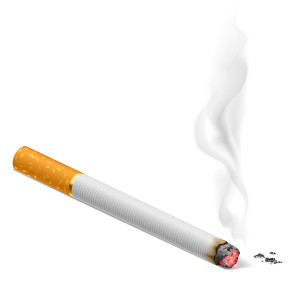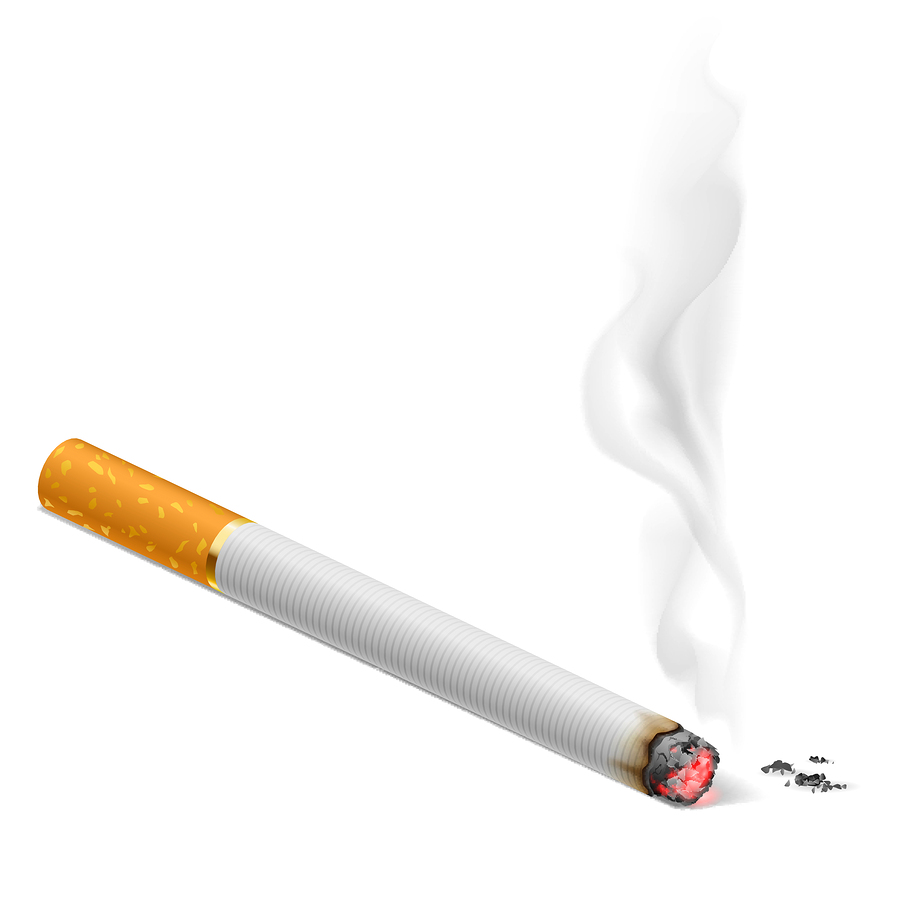It is a near-unconscious action carried out by millions of smokers every day – flicking the burned-out butt of a cigarette to the floor or into an ashtray after the last pull.
It’s also an act that can have deadly consequences.
In the wake of two recent fires that left four people dead inside an Ocean County motel and reduced an Edison elementary school to ash after a cigarette was left burning in each building, a Star-Ledger review of data tracked by the state Division of Fire Safety found that nearly 17 percent of all fire deaths in New Jersey from 2007 to 2012 were smoking related.
In those six years, 449 people died in fires in New Jersey, 77 in blazes that ignited when someone improperly disposed of a cigarette or lit a cigarette in close proximity to an oxygen tank, according to the data. In each of those years, “careless smoking” was the leading cause of civilian fire deaths, the records show.
The cause of 177 of the fire-related deaths remains unknown or undetermined, meaning the number of smoking-related fire deaths might be higher, said Dominick Marino, president of the state’s professional firefighters association.
Cigarette-related fires are difficult to classify without video surveillance or locating the actual cigarette, according to Marino, who said many of the undetermined fires could have easily been linked to careless smoking.
Electrical fires or blazes resulting from an explosion leave visible hallmarks or burn patterns that make it easier for investigators to determine an exact cause.
Improperly discarded cigarettes have been blamed for two recent major fires. On the morning of March 21, authorities say, a lit cigarette tossed into a stuffed chair at the Mariner’s Cove Motor Inn in Point Pleasant Beach sparked an inferno that consumed the wood-frame building, killing four men and injuring eight others.
Less than 48 hours later, a janitor was blamed for tossing a lit cigarette into a trash can, igniting a blaze that destroyed the James Monroe Elementary School in Edison.
Most smoking-related fires start the same way, experts say. Someone lights a cigarette late in the night, after a night of drinking and shortly before bed, then falls asleep without extinguishing it.
“They get in the chair, they have a few drinks, they light up the cigarette and then they fall asleep,” said retired Newark Fire Chief Michael Lalor.
Nationwide, smoking was the leading cause of fatal fires from 2007 to 2011, accounting for 22 percent of the blazes in which a civilian died, according to the National Fire Protection Association.
While the recent blazes happened in a motel and a school, the bulk of smoking-related blazes take place in the home, state records show.
Marino said smoking-related fires are frustrating because there is little fire officials can do to stop someone from smoking at home.
“There’s nothing aside from outlawing smoking in certain occupancies, but that is never going to happen. You can’t stop everything. We can’t make everything 100 percent safe,” he said. “Sprinkler systems are definitely an avenue that would help in protecting people more because if it smolders, and it hits, the sprinklers are at least going to contain (the fire) to that room.”
Like many of the state’s older schools, the James Monroe Elementary School did not have an active sprinkler system, officials have said. In Ocean County, investigators are still trying to determine whether the Mariner’s Cove Inn was equipped with smoke detectors or a sprinkler system, said Al Della Fave, a prosecutor’s office spokesman.
State lawmakers have taken steps to mitigate the potential for disaster held by cigarettes. In 2008, the state Department of Community Affairs mandated that all cigarettes sold in New Jersey be “fire-safe,” meaning the cigarettes would self-extinguish if left idle for a certain period of time.
Lisa Ryan, a DCA spokeswoman, said cigarettes sold in the state have to be approved as “fire safe” every three years, but it was unclear how many tobacco makers actually sell those products here. She did not explain how the state enforces the mandate.
The Edison school fire has also raised alarms in Trenton, and at least one lawmaker is considering a bill that would force older school buildings to be retrofitted with sprinkler systems.
“After what happened a couple of days ago, it’s time to start thinking,” said Assemblyman Jerry Green (D-Union). “A lot of these schools are more than 50 years old. We have to look at that. For a fire to start in a trash can and become a massive fire that quickly, it’s obvious something needed to happen quicker than it did.”
Green, who chairs the Assembly Housing and Community Development committee, is co-sponsoring a measure that would require sprinklers in new homes. The bill passed the Legislature during the last session, but died after the governor declined to sign it.
The bill was reintroduced this year, and Green said the recent fires show the need to put safety before price.
“There is a cost to it,” he said. “But the cost is minimal when you are talking about lives.”
Was this article valuable?
Here are more articles you may enjoy.


 Judge Upholds $243M Verdict Against Tesla Over Fatal Autopilot Crash
Judge Upholds $243M Verdict Against Tesla Over Fatal Autopilot Crash  AIG’s Zaffino: Outcomes From AI Use Went From ‘Aspirational’ to ‘Beyond Expectations’
AIG’s Zaffino: Outcomes From AI Use Went From ‘Aspirational’ to ‘Beyond Expectations’  ‘Structural Shift’ Occurring in California Surplus Lines
‘Structural Shift’ Occurring in California Surplus Lines  Building Fortification And The Role of The Insurance Industry
Building Fortification And The Role of The Insurance Industry 